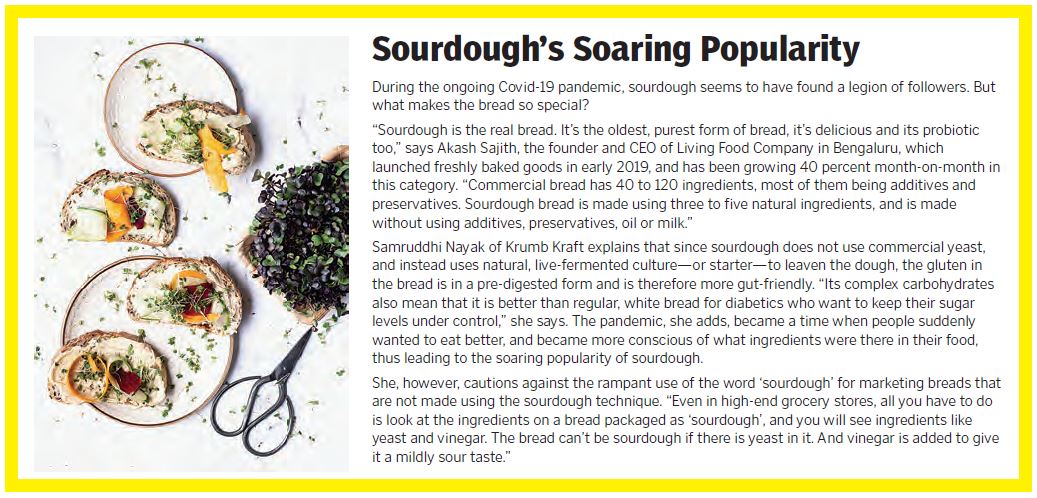
The rise of European-style breads in the Indian household
From the humble sourdough to flakey croissants, European-style breads have gone mainstream in urban India, thanks to a growing bunch of bakers, and a push from the Covid-19 pandemic
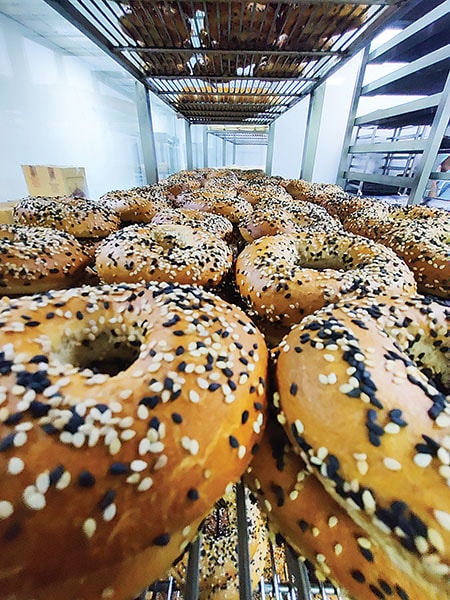 Bagels from The Baker’s Dozen, a bakery co-founded by Aditi Handa
Bagels from The Baker’s Dozen, a bakery co-founded by Aditi Handa
Not too long ago, authentic European-style breads were available only within the confines of cafes and restaurants of five-star hotels. Outside of them, bagels were often nothing more than ring-shaped, soft, white bread, while croissants were crescent-shaped versions of the same thing. Urban India, accustomed to consuming various forms of commercial, white bread for several decades, was yet to get a taste of, let alone develop a liking for, European breads each of which comes with its distinct flavours, crusts, textures and characteristics.
In the last few years, however, thanks to the enthusiasm and efforts of a growing bunch of bakers, European style breads have become more mainstream than they ever were, becoming available in multiple cities, cafes and restaurants, grocery stores and online delivery platforms, and even delivered to your doorstep. So now, a bagel is not light and fluffy any more, but dense, moist and chewy, like it is supposed to be, and croissants are light and flaky, with layer upon layer of buttery goodness. And then, of course, is the sourdough, which has emerged as the unlikely hero in a year plagued by Covid-19.
“When we started the bakery we made a decision to not have a bakery and patisserie together and instead focus only on breads, even though cakes is where you make the money,” says Aditi Handa, head baker and co-founder of The Baker’s Dozen, who started her journey as a baker with one outlet in Mumbai’s Prabhadevi neighbourhood in 2013. “A lot of people told us, ‘How much bread will you sell? How will you make a sustainable business out of it?’ But when you have fallen in love, whether it is with a boy or bread, nothing else seems to matter.”
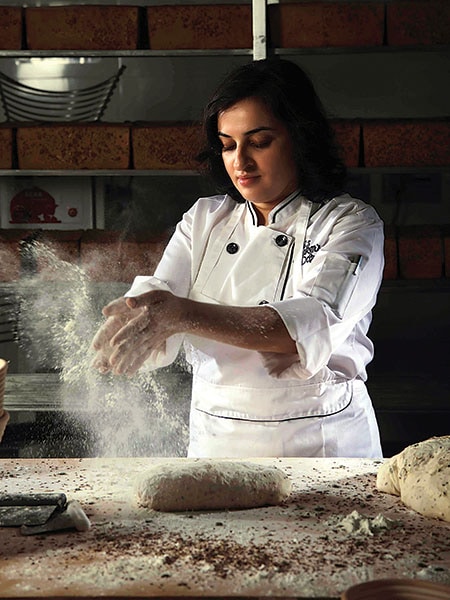 Despite cakes bringing in the money for bakeries, Handa decided to stick to breads and is now reaping benefits
Despite cakes bringing in the money for bakeries, Handa decided to stick to breads and is now reaping benefits
The beginning was not easy either, with clients not accustomed to an entirely new range of flavours and textures. “I think my sales team hated me, and would keep telling me that no one wants to eat the bagels I made,” she laughs. “But I insisted on boiling the bagels, as they should be, and eventually it has paid off.”
(This story appears in the 30 November, -0001 issue of Forbes India. To visit our Archives, click here.)




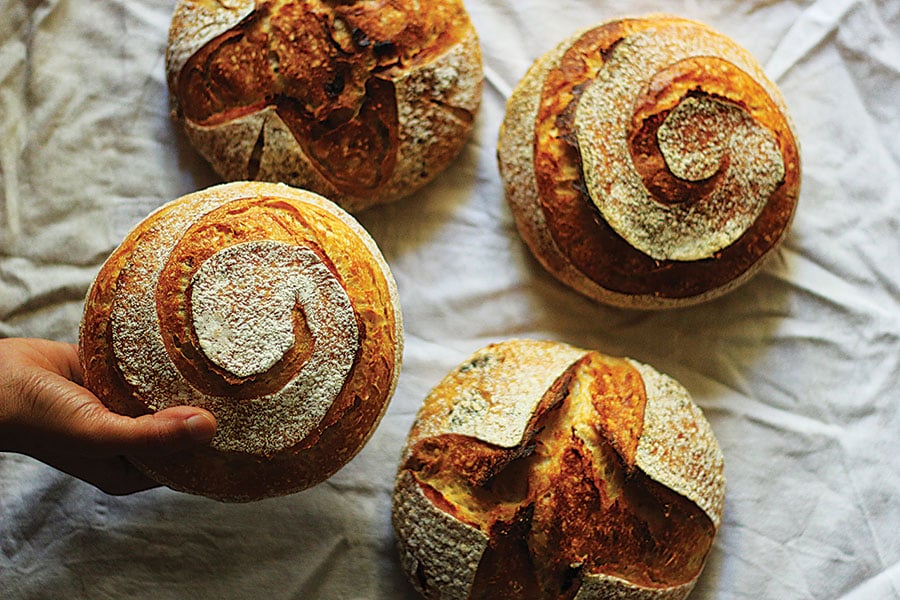 Sourdough breads
Sourdough breads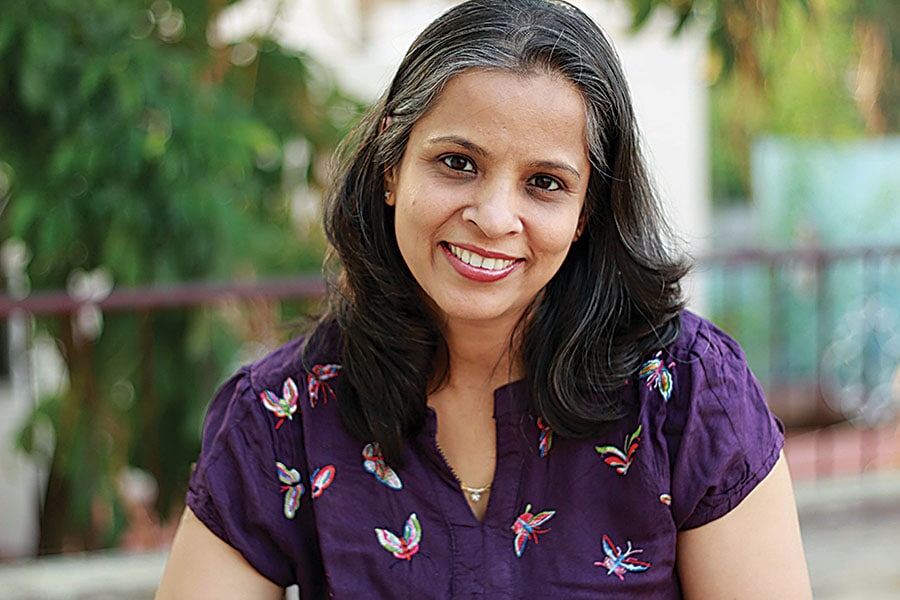 Samruddhi Nayak, the founder of Krumb Kraft in Bengaluru, which specialises in sourdough breads
Samruddhi Nayak, the founder of Krumb Kraft in Bengaluru, which specialises in sourdough breads